3 Bank Stocks Better Than Bank of America
Big bank stocks have been among the best-performing sectors during the post-election rally, and none more so than Bank of America (symbol BAC).

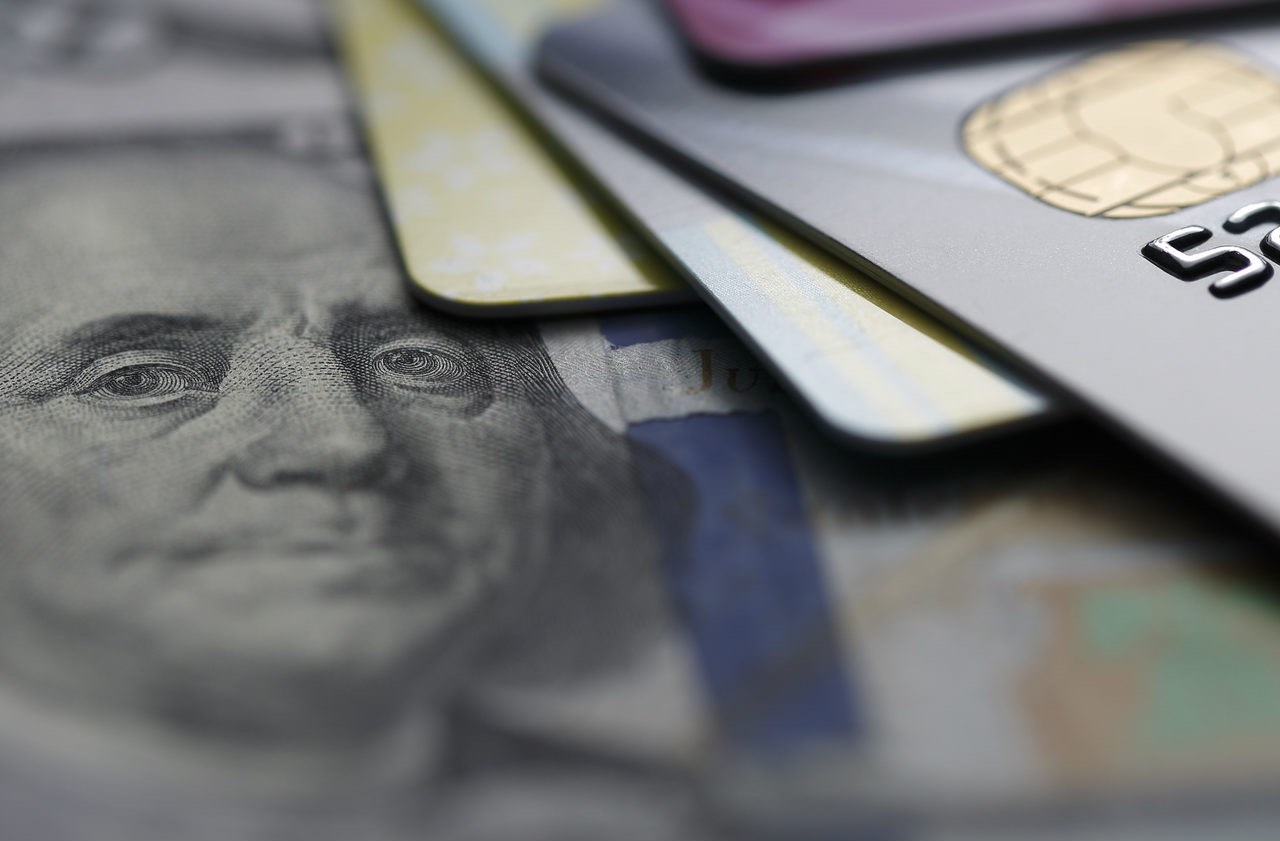
Profit and prosper with the best of Kiplinger's advice on investing, taxes, retirement, personal finance and much more. Delivered daily. Enter your email in the box and click Sign Me Up.
You are now subscribed
Your newsletter sign-up was successful
Want to add more newsletters?

Delivered daily
Kiplinger Today
Profit and prosper with the best of Kiplinger's advice on investing, taxes, retirement, personal finance and much more delivered daily. Smart money moves start here.

Sent five days a week
Kiplinger A Step Ahead
Get practical help to make better financial decisions in your everyday life, from spending to savings on top deals.

Delivered daily
Kiplinger Closing Bell
Get today's biggest financial and investing headlines delivered to your inbox every day the U.S. stock market is open.

Sent twice a week
Kiplinger Adviser Intel
Financial pros across the country share best practices and fresh tactics to preserve and grow your wealth.

Delivered weekly
Kiplinger Tax Tips
Trim your federal and state tax bills with practical tax-planning and tax-cutting strategies.

Sent twice a week
Kiplinger Retirement Tips
Your twice-a-week guide to planning and enjoying a financially secure and richly rewarding retirement

Sent bimonthly.
Kiplinger Adviser Angle
Insights for advisers, wealth managers and other financial professionals.

Sent twice a week
Kiplinger Investing Weekly
Your twice-a-week roundup of promising stocks, funds, companies and industries you should consider, ones you should avoid, and why.

Sent weekly for six weeks
Kiplinger Invest for Retirement
Your step-by-step six-part series on how to invest for retirement, from devising a successful strategy to exactly which investments to choose.
Big bank stocks have been among the best-performing sectors during the post-election rally, and none more so than Bank of America (symbol BAC). It has enjoyed the largest gain of any of the biggest financial institutions since Donald Trump won the White House. The President-elect, generally considered pro-business, has vowed to relax banking regulations after he takes office.
But the 33% run-up in price since November 8 has undercut the primary reason for buying Bank of America: The shares were cheap. Bank of America is a quality stock—hang on to it if you already own it—but investors seeking to put new money into banks should focus on names with more upside potential from here. With that in mind, here are three big bank stocks that look to be better buys right now than Bank of America.
Stocks are listed in alphabetical order. Prices and other figures are as of December 13, unless otherwise indicated.

Citigroup
- Symbol: C
- Price: $59.79
- Gain Since Election: 19.8% (S&P 500: 6.2%)
- Citigroup stock looks attractively underpriced. Banks are typically valued by their ratio of price to book value (P/B), which shows the relationship between a bank's book value (essentially assets minus liabilities) and the value of its shares. It’s good to view a bank’s P/B relative to that of its peers and relative to where the ratio has stood in the past. P/B isn’t the sole criterion for evaluating bank shares—business prospects, industry developments and earnings growth are important, too—but a P/B below 2 is generally considered to be a reasonable valuation. And if it's below 1, it can signal a bargain.
Citigroup has a P/B of 0.8, according to Zacks Investment Research, lower than it stood in 2015. By contrast, Bank of America has a P/B approaching 1, which is higher than it has been since the Great Recession But if Trump dismantles the current regulatory structure, the bank's valuation—and by extension, its share price—should go up as less regulation paves the way for greater profit potential. Analysts expect a 10% rise in earnings per share from 2016 to 2017, according to a survey by Thomson Reuters. That's partly why 11 of 17 analysts who cover the stock and are tracked by Zacks call it a “strong buy.” The remaining six analysts have a “hold” recommendation on Citigroup.

Goldman Sachs
- Symbol: GS
- Price: $238.55
- Gain Since Election: 31.1%
- Goldman Sachs isn't like the other names on this list. It's primarily an investment bank that works with corporate customers. But it's still in an enviable position to benefit from higher interest rates, regulatory changes and lower taxes. Indeed, it's the top pick among big bank stocks for 2017 by Keefe, Bruyette & Woods, an investment bank specializing in the financial-service sector. Debt underwriting and mergers and acquisitions should continue to improve next year. Initial public offerings are also expected to pick up.
The key, however, is a resurgent trading environment, according to Keefe, Bruyette & Woods. Trading income—an important source of profits—has been depressed for years. Now it’s bouncing back. Goldman Sachs is more dependent on trading revenue than its peers, and it will be coming up against relatively easy comparisons when 2017 financial results are put up against 2016's numbers. Earnings per share are forecast to increase 17% year-over-year, according to a poll of analysts by Thomson Reuters.
P/B of 1.3 is on par with where it stood as recently as mid 2015. Thanks to its reputation as a money-making machine, Goldman typically trades at higher book values than other banks.

Wells Fargo
- Symbol: WFC
- Price: $55.84
- Gain Since Election: 22.6%
- Wells Fargo doesn't have the best reputation these days. Revelations that thousands of employees opened millions of accounts without customers' knowledge cost the bank business and cost its CEO his job.
However, anytime a quality stock gets hurt by bad news, it just might present a buying opportunity. Wells Fargo's current P/B of 1.6 looks depressed by its own standards. Investors are usually willing to pay a higher valuation for this stock. The ratio stands below where it was for almost all of 2014 and 2015.
Not only will Wells Fargo benefit from less regulation and rising interest rates—the Federal Reserve just raised rates on Wednesday—but it should also get a kick from a drop in the corporate tax rate. Analysts at Keefe, Bruyette & Woods say the bank will enjoy some of the largest savings in the industry if the new president cut taxes.
As for the bottom line, analysts surveyed by Thomson Reuters expect earnings per share to rise just 3% from 2016 to 2017, hurt in part by ongoing costs stemming from the phony accounts scandal. Fortunately, the headwinds from the scandal should ease up over time.
And if all of that isn’t enough, take comfort in the fact Warren Buffett's Berkshire Hathaway owned $22.1 billion worth of Wells Fargo stock as of September 30. As recently as November, Buffett expressed support for the embattled company, calling it a great bank that simply made a terrible mistake.
Profit and prosper with the best of Kiplinger's advice on investing, taxes, retirement, personal finance and much more. Delivered daily. Enter your email in the box and click Sign Me Up.

Dan Burrows is Kiplinger's senior investing writer, having joined the publication full time in 2016.
A long-time financial journalist, Dan is a veteran of MarketWatch, CBS MoneyWatch, SmartMoney, InvestorPlace, DailyFinance and other tier 1 national publications. He has written for The Wall Street Journal, Bloomberg and Consumer Reports and his stories have appeared in the New York Daily News, the San Jose Mercury News and Investor's Business Daily, among many other outlets. As a senior writer at AOL's DailyFinance, Dan reported market news from the floor of the New York Stock Exchange.
Once upon a time – before his days as a financial reporter and assistant financial editor at legendary fashion trade paper Women's Wear Daily – Dan worked for Spy magazine, scribbled away at Time Inc. and contributed to Maxim magazine back when lad mags were a thing. He's also written for Esquire magazine's Dubious Achievements Awards.
In his current role at Kiplinger, Dan writes about markets and macroeconomics.
Dan holds a bachelor's degree from Oberlin College and a master's degree from Columbia University.
Disclosure: Dan does not trade individual stocks or securities. He is eternally long the U.S equity market, primarily through tax-advantaged accounts.
-
 Nasdaq Leads a Rocky Risk-On Rally: Stock Market Today
Nasdaq Leads a Rocky Risk-On Rally: Stock Market TodayAnother worrying bout of late-session weakness couldn't take down the main equity indexes on Wednesday.
-
 Quiz: Do You Know How to Avoid the "Medigap Trap?"
Quiz: Do You Know How to Avoid the "Medigap Trap?"Quiz Test your basic knowledge of the "Medigap Trap" in our quick quiz.
-
 5 Top Tax-Efficient Mutual Funds for Smarter Investing
5 Top Tax-Efficient Mutual Funds for Smarter InvestingMutual funds are many things, but "tax-friendly" usually isn't one of them. These are the exceptions.
-
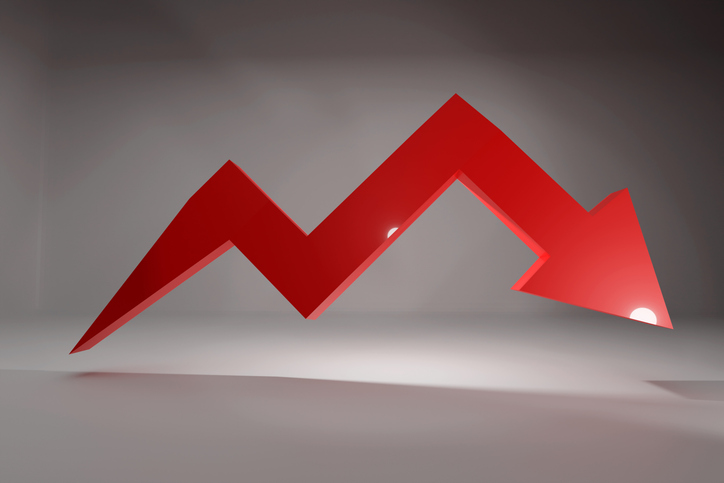 Stocks See First Back-to-Back Losses of 2026: Stock Market Today
Stocks See First Back-to-Back Losses of 2026: Stock Market TodayRising geopolitical worries and a continued sell off in financial stocks kept pressure on the main indexes on Wednesday.
-
 Nasdaq Takes a Hit as the Tech Trade Falters: Stock Market Today
Nasdaq Takes a Hit as the Tech Trade Falters: Stock Market TodayThe Dow Jones Industrial Average outperformed on strength in cyclical stocks.
-
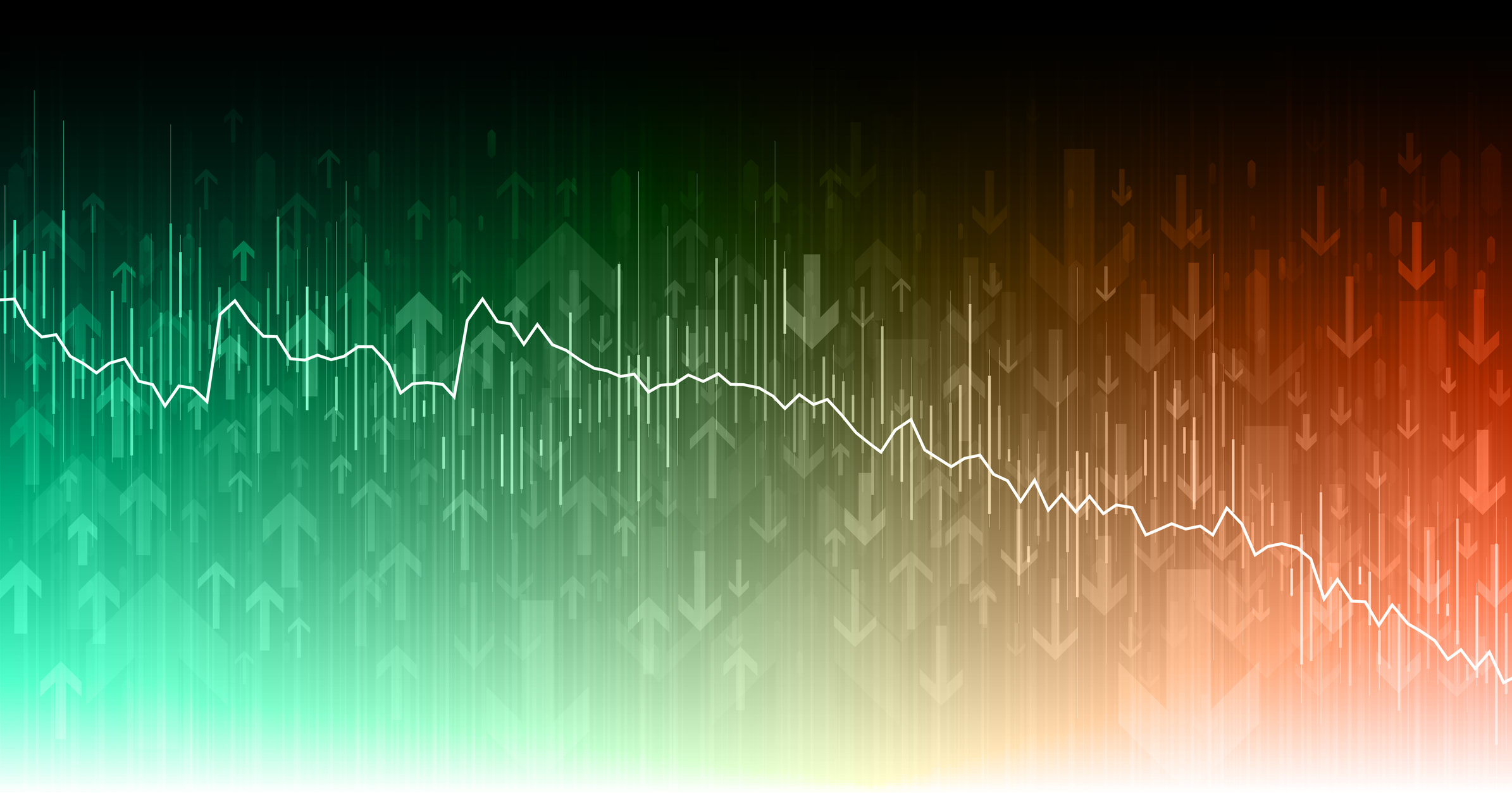 Trade Uncertainty Sparks Whipsaw Session: Stock Market Today
Trade Uncertainty Sparks Whipsaw Session: Stock Market TodayVolatility is making a cameo here in mid-October, a generally positive month marked by its historic stock market events.
-
 If You'd Put $1,000 Into Bank of America Stock 20 Years Ago, Here's What You'd Have Today
If You'd Put $1,000 Into Bank of America Stock 20 Years Ago, Here's What You'd Have TodayBank of America stock has been a massive buy-and-hold bust.
-
 What CEOs Say About President Trump and Fed Chair Powell
What CEOs Say About President Trump and Fed Chair PowellTop opinion-shapers and decision-makers are expressing mixed views on the evolving conflict between the White House and the central bank.
-
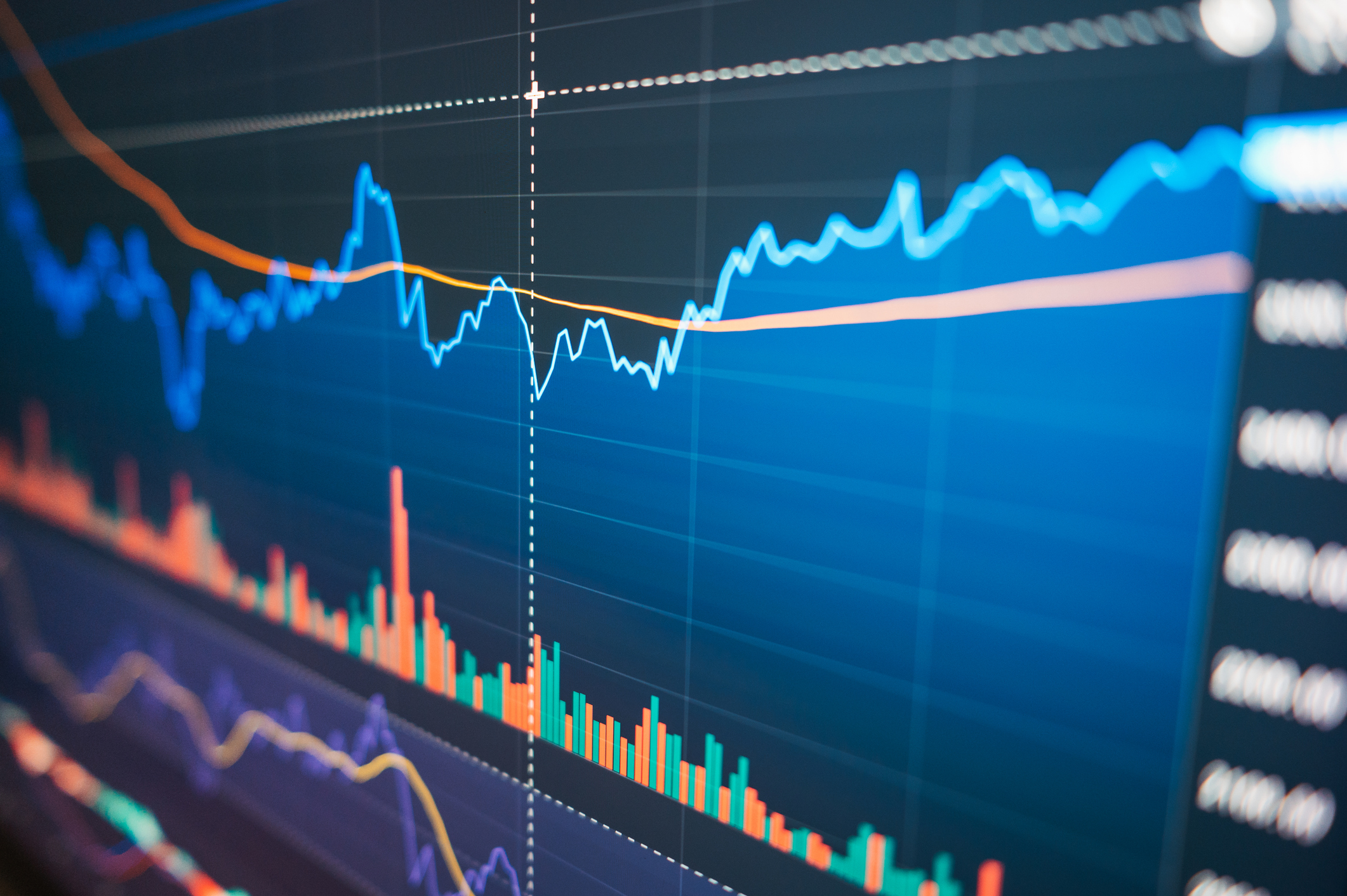 Stock Market Today: S&P 500, Nasdaq Hit New Highs on Retail Sales Revival
Stock Market Today: S&P 500, Nasdaq Hit New Highs on Retail Sales RevivalStrong consumer spending and solid earnings for AI chipmaker Taiwan Semiconductor Manufacturing boosted the broad market.
-
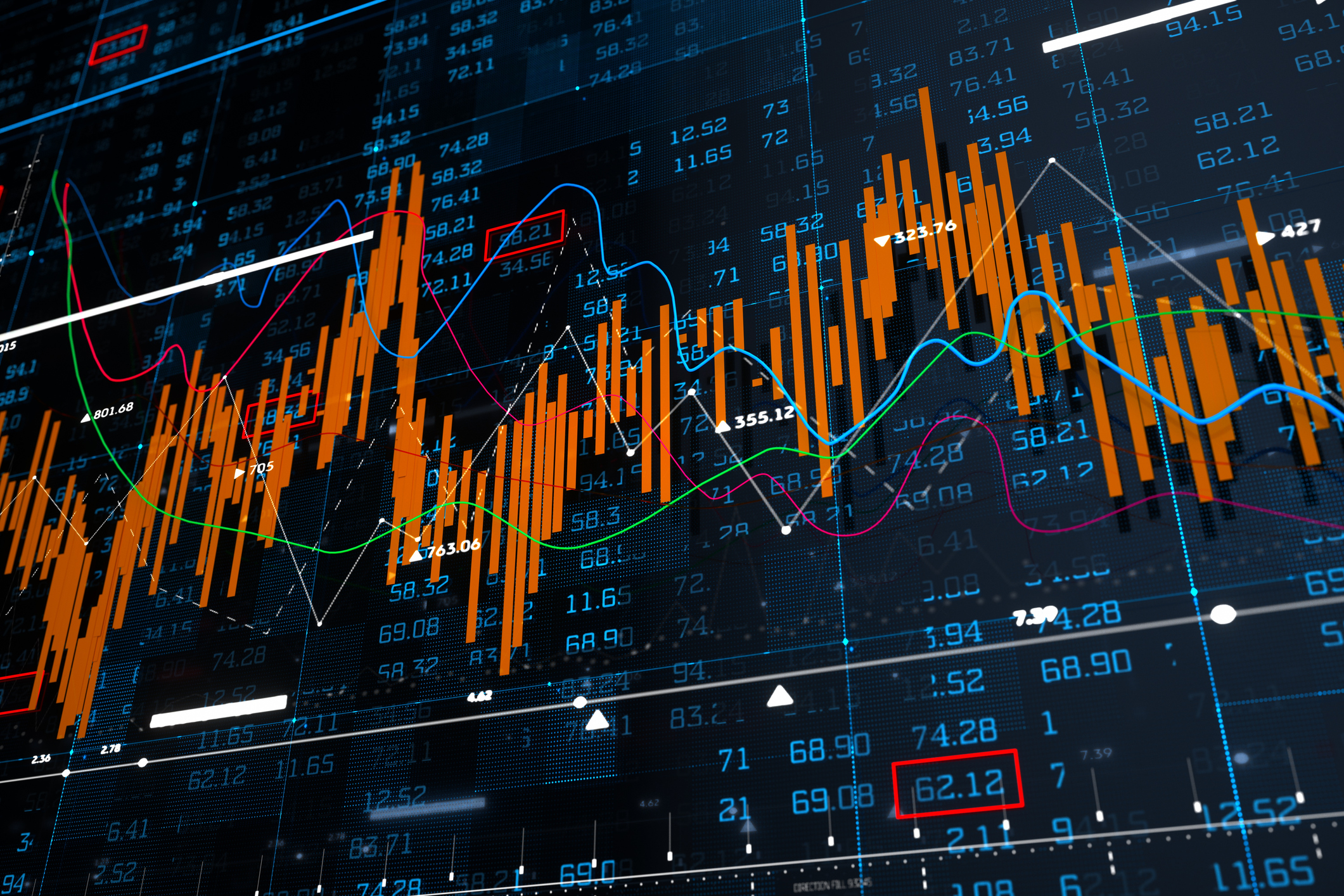 Stock Market Today: Powell Rumors Spark Volatile Day for Stocks
Stock Market Today: Powell Rumors Spark Volatile Day for StocksStocks sold off sharply intraday after multiple reports suggested President Trump is considering firing Fed Chair Jerome Powell.
-
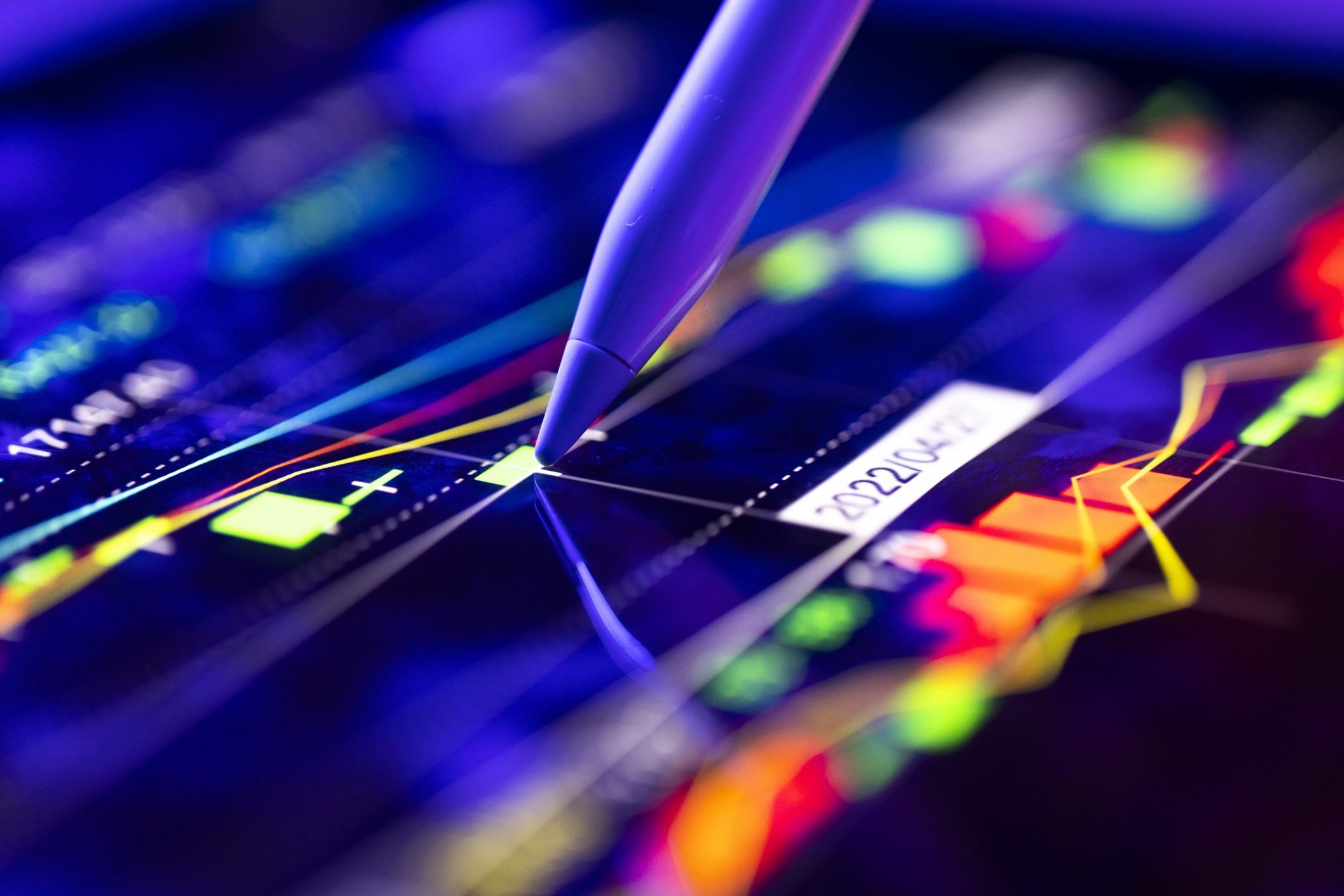 Stock Market Today: Stocks Struggle Amid Tariff Uncertainty
Stock Market Today: Stocks Struggle Amid Tariff UncertaintyBoeing dropped after China suspended new aircraft orders, while Bank of America and Citi climbed on earnings beats.
